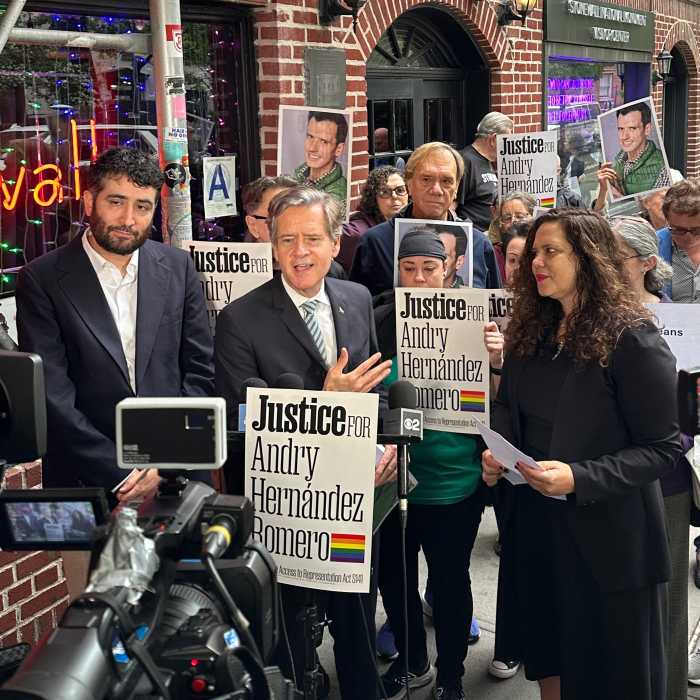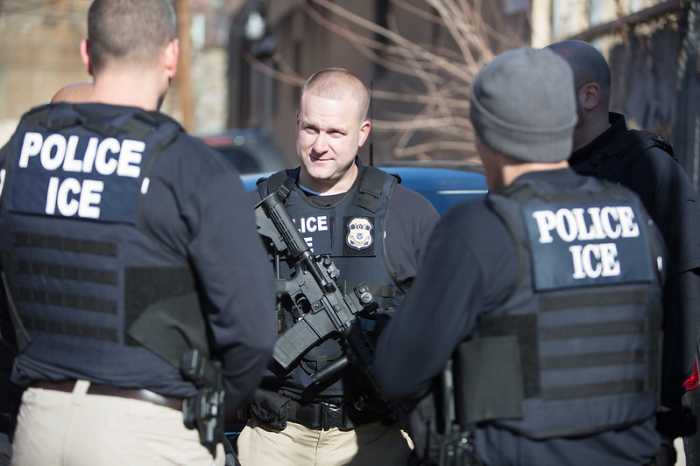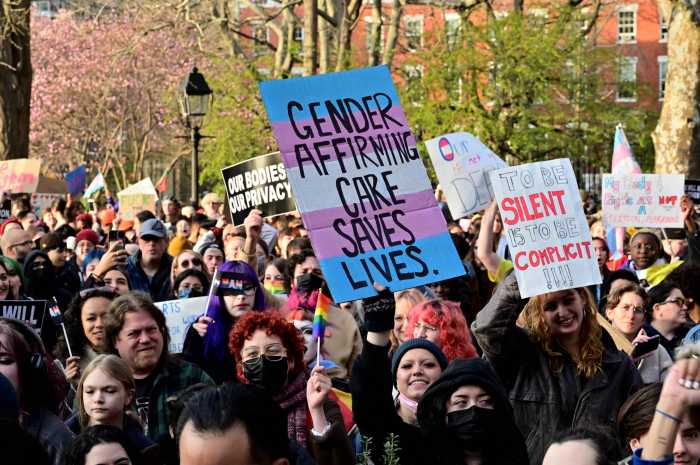Moscow authorities, for the first time, have given the green light for a gay pride parade to be held with city authorization.
[Editor's note: The story below was published in print on April 26 and online on April 27, but on April 28, the UK Gay News out of London reported that the Regional Security Department responsible for Moscow –– which the newspaper said shares responsibility for approving march permits with the mayor's office –– told the Russian Interfax news agency, “[The organisers] have not received permission. And they are not likely to get it, even under the guise of a cultural and educational action.” Subsequent to that, the mayor's office pulled back on an earlier City Hall confirmation that a permit had been issued. UK Gay News reported that Lyudmila Shvetsova, Moscow's deputy mayor told Interfax, “Their request has been addressed to me,” but that a permit had not yet been approved. The London newspaper provides details on the unfolding confusion.]
Nikolai Alexeyev, founder of the advocacy group GayRussia (GayRussia.eu) and head of the Moscow Pride Organizing Committee, announced the news on April 26, saying, “After a five-year struggle, we have received permission from City Hall to organize a gay pride parade on May 28.”
Agence Presse France reported that Saint Petersburg officials separately announced a permit for a pride demonstration in that city scheduled for May 1.
All but one of the five annual unsanctioned Moscow Pride demonstrations since 2006 have met with police brutality and violence perpetrated by ultra-right counter-protestors.
Alexeyev brought a successful challenge to Moscow’s denial of permits for gay pride gatherings from 2006 to 2009 before the European Court of Human Rights. The unanimous eight-judge ruling issued October 21 of last year — Alexeyev noted with satisfaction that even the Russian judge supported his challenge — found violations of the European Convention on Human Rights and awarded him damages of roughly $16,000 and expenses of about $24,000.
At a March appearance at Manhattan’s LGBT Community Center, Alexeyev humorously described the “James Bond” tactics his group adopted in its 2008 demonstration in order to stay a step ahead of officials. That year, one portion of the Pride group staged a flash mob near a famous statue of Tchaikovsky while others unfurled a protest banner from the third floor of a building opposite City Hall. The banner included disparaging remarks about the aggressively homophobic mayor, Yuri Luzhkov, who had characterized gay parades as “Satanic” and out LGBT Russians as “weapons of mass destruction.”
The following year, the Moscow activists played host to Slavic Pride, a joint project of gay groups in Russia and Belarus. The event was planned on the same day as the Eurovision Song Contest, a huge media event taking place in Moscow that year. The organizers hoped once again to outwit officials by announcing a scheduled location, then changing the venue at the last minute. Police, however, caught up with the group and made numerous arrests. Alexeyev was held overnight and subjected to hours of interrogations on that occasion.































